Research
UConn anthropologists study human nature, world cultures, and the diversity of humankind over time and across space.
Researchers in our department engage in laboratory work, archival research, fieldwork, and interdisciplinary collaboration. Our faculty have research strengths across several subdisciplines, with active programs in field sites across the globe. They also have expertise in diverse methods in ethnographic and archaeological research.
Our breadth of research allows us to provide outstanding experiential learning opportunities for undergraduate and graduate students. We offer archaeological and anthropological field training schools at locations in Connecticut and abroad, as well as experiences in faculty laboratories at the Storrs campus. Our department’s internship program allows students to engage with anthropology faculty in primary research and to connect with local and international not-for-profit and government agencies.
Research Strengths
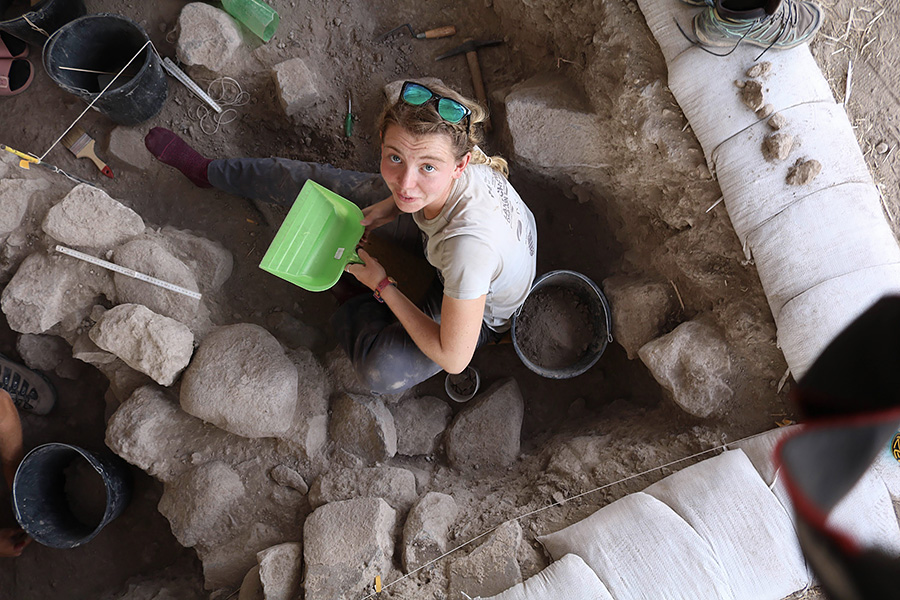
Archaeology
UConn archaeology faculty conduct research at sites across several continents:
- The Americas - Canada and the United States, especially Connecticut, the Caribbean, California, and Hawaii
- Africa - Kenya and Tanzania
- Asia - Armenia, Georgia, Iraq, Israel, Syria, and Turkey
- Europe - Bulgaria, Greece, and Italy
Their work examines events in human evolution, the origins of agriculture, early social complexity, and the complex series of colonial and Indigenous interactions that began in the 15th century. They train students in the theoretical, methodological, and practical tools needed to ethically address a wide range of questions related to changing human behaviors through time. They have particular expertise in the study of stone tools, faunal remains, macro- and micro-botanical analysis, and isotopic approaches to understanding the past.
Researchers prepare samples and conduct analyses in a variety of state-of-the-art laboratories, which also house extensive comparative collections, particularly for plants and animals from southwest Asia and stone tools from Europe and Africa.
Our faculty are engaged with a number of collaborators abroad and in the U.S., and maintain close connections with the Office of the State Archaeologist of Connecticut.

Critical Biocultural Anthropology
This subfield merges traditional areas of study in biological anthropology with interdisciplinary research methods and critical theoretical perspectives from the social sciences and humanities. Our research emphasizes innovative biocultural frameworks for understanding human biology, biodiversity, and adaptability, with a focus on integrating decolonial, anti-racist, feminist, queer, and other critical/marginalized perspectives into scientific practice.
Faculty in this area train students in social and scientific theory, emerging genomic technologies, community-engaged research, bioethics, and biopolitics. Our research and courses explore critical bioanthropological questions about human biodiversity, race/racism, sex, gender, and class. They cover topics like how we understand human population history; contemporary health disparities; genetic claims about human difference and inequalities in the past and present; and evolutionary narratives about marginalized peoples. They also pay close attention to how sociopolitical, historical, and cultural contexts shape biology and our understandings of what is natural/innate, as well as how science impacts society.
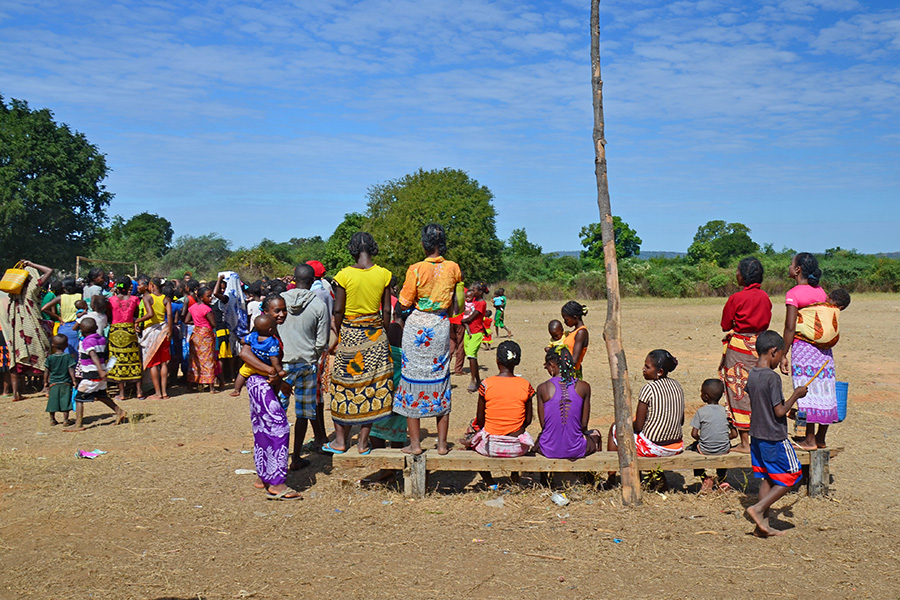
Cultural Anthropology
Our researchers in cultural anthropology investigate topics like cultural identity, nationalism, ethnohistory, historical archaeology, gender, human rights, indigenous and women’s rights, democratization, ethnomedicine, transnationalism, religion and ritual, and mass consumption.
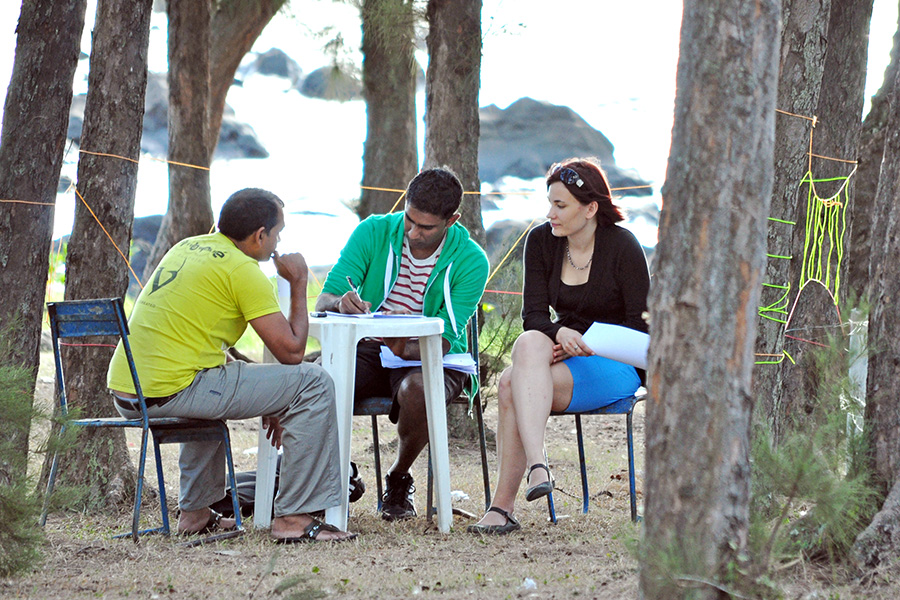
Environmental Anthropology
Environmental anthropology researchers have a strong interest in fundamental issues pertaining to the intersections of human beings and the environment. Faculty and student research on environmental issues encompasses a broad range of concerns, including health, disease, climate change, environmental degradation, conservation, paleoenvironments, agriculture, biomarkers, ecophysiology, ecological and environmental justice, energy equity, migration, natural disasters, sustainability, nonhuman species, and the anthropocene. The department offers courses focused on environmental topics at both the graduate and undergraduate levels.
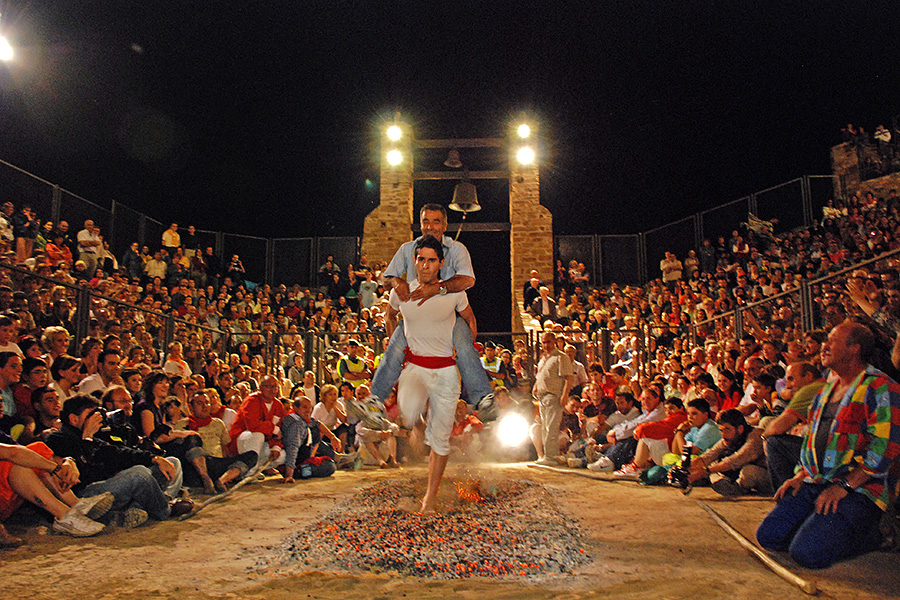
Evolution, Cognition, and Culture
Faculty and student researchers in this area study human culture and what is to be human. They are curious about our common humanity: our passions; our values; our awe of the sacred; our willingness to suffer to be accepted into a group; and our tendencies to cooperate and to engage in violent conflict.
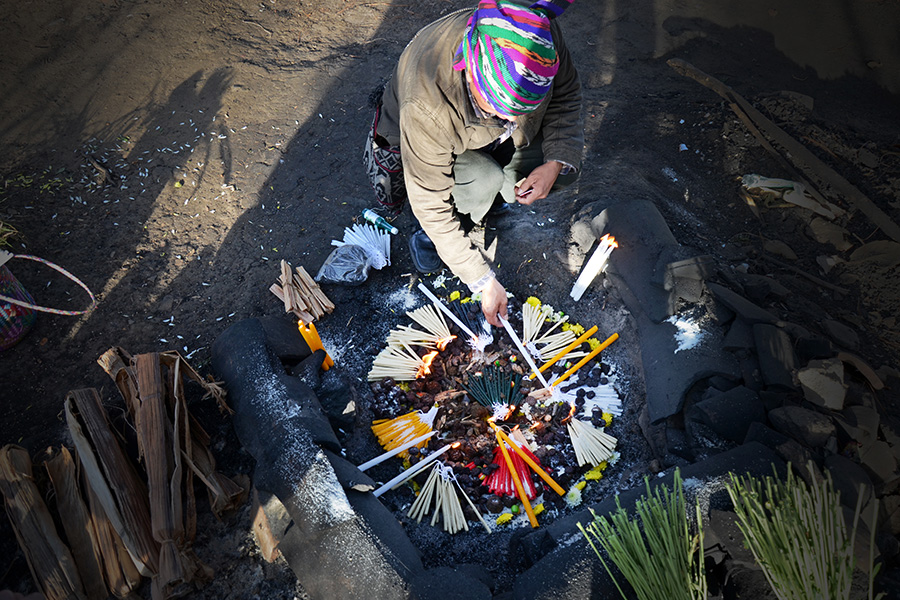
Human Rights
Researchers in our department have extensive expertise in the anthropology of human rights. Faculty and student research interests span a broad range of issues, including cultural rights, the right to health, migrants’ rights, international criminal tribunals, and the history and contested universalism of human rights. They work closely with UConn’s interdisciplinary Gladstein Family Human Rights Institute.
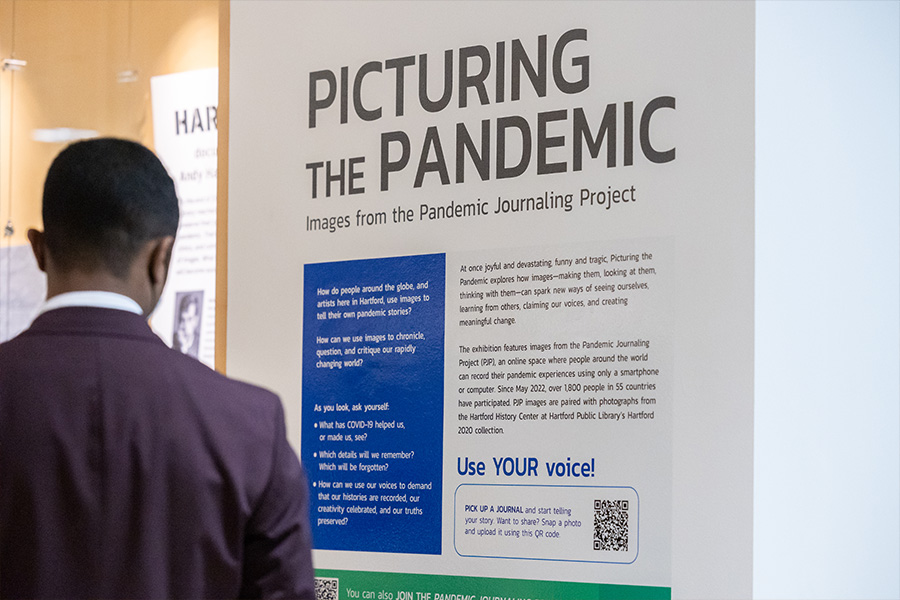
Medical Anthropology
Medical anthropologists at UConn have a long tradition of exploring the political and sociocultural dynamics around health; illness and healing; bodies and embodied experience; and life’s beginnings and endings. They do this through the lens of critical medical anthropology, which examines the impact of power dynamics on individual and collective experiences using multiple lenses like history, political economy, and critical perspectives on morality and ethics. In their ethnographic work, medical anthropologists privilege collaborative engagement with research partners and communities, and ask tough questions that destabilize taken-for-granted views on illness, care, and healing.
Our faculty work around the globe on a range of topics, including addiction; infectious disease; sex/gender and health; health and the environment; global and public health; and migration and health. They also cover broader questions of inequities in health and health care access; capitalism and health; indigenous epistemologies of life and health; the human right to health; and the relationship between health, dignity, and the human capacity to flourish. Above all, UConn medical anthropology researchers are committed to advancing basic and applied knowledge that can help target the structural forces of oppression and reduce the social inequities that keep some people, but not others, from living well. They favor community-based and bottom-up proposals and work in partnership with minoritized communities.
Medical anthropologists mentor undergraduate students and train graduate students interested in critical and community-based approaches to understanding and addressing illness, health, suffering, and inequalities. At the undergraduate level, they offer a wide range of courses for undergraduate anthropology majors and minors. The department also offers an undergraduate Minor in Anthropology and Global Health, which is well-suited to pre-health students and others interested in bridging biological sciences, social sciences, and humanities or the arts with anthropological methods and theories in health.
Core and Affiliated Faculty
Core Faculty:
César E. Abadía-Barrero
Camilo Ruíz-Sanchez
Sarah S. Willen
Sarah A. Williams
Affiliated Faculty:
Deborah Bolnick
Françoise Dussart
Kathryn Libal
Eleanor Ouimet
Richard Sosis
Current Projects
Our current projects include:
- Pandemic Journaling Project and the Picturing the Pandemic exhibition
- QueerCOVID-TO
- ARCHES | AmeRicans’ Conceptions of Health Equity Study
Coming soon:
- Ethnography Lab
- Buen Vivir and Collective Healing Initiative
Research Impact
Our work situates the human experience within the social, political, historical, and environmental contexts in which we live, offering us key insights into our past and many of the world’s present challenges.
- Our archaeologists and environmental anthropologists contribute to the study of the Earth and its future by examining long-term climate change, human-environmental interactions, and sustainability.
- Our archaeologists, cultural anthropologists, and environmental anthropologists tackle issues of social justice, inequality, and belief across world cultures, while our medical anthropologists integrate these topics into the study of human health, disease, and well-being.
- Our critical biocultural anthropologists explore the intersections of science and culture, and bring decolonial and anti-racist approaches to the study of genomics, human biodiversity, bioethics, and health disparities.
- Finally, our evolutionary and cognitive anthropologists investigate the human mind, the evolution of religion and ritual, and our awe of the sacred at the interface between cognition and culture.